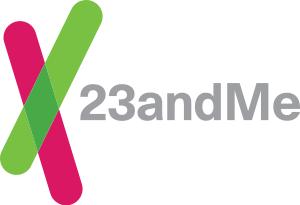Direct-to-consumer (DTC) genetic tests, like those sold by 23andMe and others, are increasing in both the number of people using them and the breadth of information that they provide.
In fact, the Food and Drug Administration stated in an announcement made last fall, that they would work to streamline the process for more at home genetic testing. They state that "These tests can prompt consumers to be more engaged in pursuing the benefits of healthy lifestyle choices and more aware of their health risks. Consumers are increasingly embracing genetic health risk (GHR) testing to better understand their individual risk for developing diseases. This engagement prompts some people to make more informed lifestyle choices."
That may be true, but, it is based on the assumption that people receive accurate information from these companies. And, a new study published in Genetics in Medicine calls that assumption into question.
The diagnostics company Ambry Genetics looked at specific genetic variants (or changes) identified by DTC tests as being associated with an increased risk of a genetic disease. They found that 40% of the results were false positives. That means that although the person did not have the genetic variant, their test results said that they did.
The researchers looked at 49 patient samples that had been sent by people who wanted further testing on their DNA after receiving their DTC results. It should be noted that no DTC companies were mentioned in the research paper.
With companies like 23andMe having approval for giving results on 10 disease alleles (1) and, most recently, the BRCA1 and BRCA2 genes, providing misinformation, providing misinformation could create undue stress to many of their customers.
These results take our skepticism of DTC genetic testing to the next level. These tests have, from the beginning, provided information that is of questionable usefulness to people who, in general, do not really know what to do with it. On top of that, the information that they provide is wrong almost half of the time. With DTC genetic testing increasing in ease and decreasing in price it raises the question that, perhaps, genetic testing is one of those things that should not be made too easy or too cheap.
Notes: (1) The 10 conditions are Parkinson disease, late-onset Alzheimer disease, celiac disease, α-1 antitrypsin deficiency, early-onset primary dystonia, factor XI deficiency, Gaucher disease type 1, glucose-6-phosphate dehydrogenase deficiency, hereditary hemochromatosis, and hereditary thrombophilia.
Source: Tandy-Connor S et al. False-positive results released by direct-to-consumer genetic tests highlight the importance of clinical confirmation testing for appropriate patient care GENETICS in MEDICINE doi:10.1038/gim.2018.38



